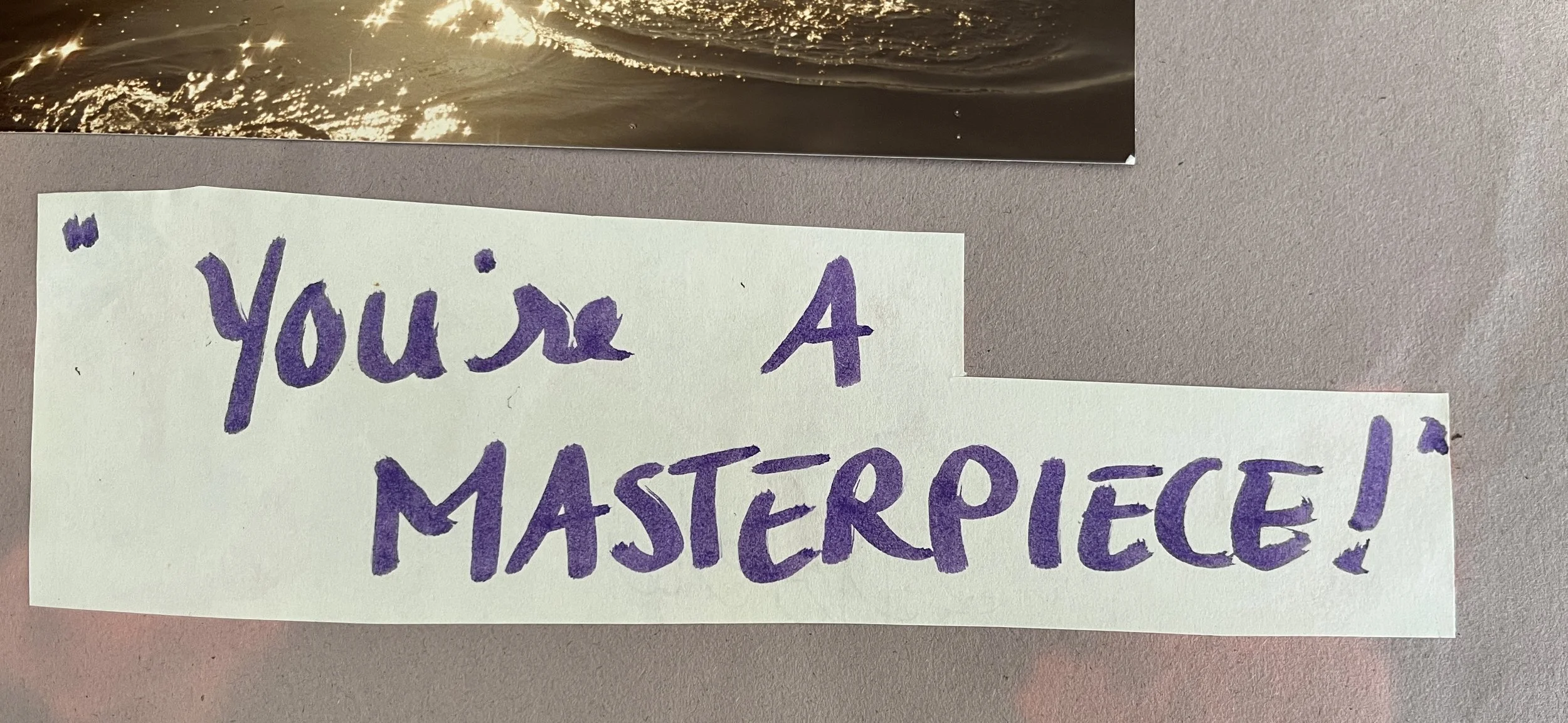“Each person deserves a day away in which no problems are confronted, no solutions searched for.”
My guru of respite is Dr. Maya Angelou, who was the commencement speaker for our class at Mount Holyoke in 1987. It was the most extraordinary speech I have witnessed. She sang. She spoke. She recited poetry. And she talked about everyone’s need to ‘take time out.’ The need for rejuvenation so that your heart can continue its important work. I listened to the speech trying to drink it in. I remembered a lot of it. But at 21 I didn’t understand it. Or believe it. I believed in effort. I believed in achievement. I believed in pushing as hard as I could. But the wisdom of respite escaped me. And now I have returned to the scene of the speech to take in the wise words spoken to my 21 year old self.
The definition of respite is ‘an interval of relief.’ Our animal brains and bodies were designed in such a way as to require respite for optimal functioning. We spend nearly half our lives awake, doing –and half our lives asleep, resting. During sleep our brains and bodies repair themselves. During sleep the brain, your cerebellum, updates your memory with that days information. The problems encountered by sleep deprivation are in part a failure of respite—a failure for your brain to be able to update itself and consolidate its gains.
I’m not sure why, but we often think of rest or respite as something separate. Separate from the act of doing, separate from the act of healing. We think of it as getting off track, rather than a necessary part of the track.
Respite is noted to be a break from something difficult. And it’s true that we feel the need for respite the most when we have been through something hard, or when the stress has been relentless. We feel the need for respite in our cells and bones. It is like a deep thirst, not for water, but for energy, for renewed hope, for a solid center.
When we finally allow for respite, we say “I am not going to do anything—I am taking a break.” And therefore, we believe nothing is happening. This is a mistake. Respite is what allows for the last part of the cycle of growth. Paradoxically, not taking a respite is often what keeps us stuck. Without the time to consolidate, we stay in a state of instability. We don’t allow things to knit together. We don’t allow ourselves to sit in the new state.
The irony is, of course, that even though respite is often called a ‘relief’—when you are healing, it doesn’t always feel like a relief. Sometimes it does. Sometimes the break feels just the way it does when you fall into bed when you are dead tired. When you can feel every sore muscle in your body and feel the wash of relief that you don’t have to hold yourself up anymore.
But sometimes you actually have to put effort in to not working—you have to be disciplined about sitting still. Why? Because when you sit still you are more able to see the work you have been doing. You are more keenly aware of the loss or sadness that may accompany the change. So, sometimes respite may be a relief from one thing, but not another.
But mostly, like all the emotions of healing, respite has an intermittent quality. You feel the relief, the slowness and you can finally breathe again. The rest allows your system to calm down and you notice your brain starts working better again: You can think! And then you get pulled down. Your heart aches. The anxiety comes back. You look around for a way to distract yourself. And the discipline is to stay and breathe. Stay and rest. Do what you need to really feel respite. The difficult feelings might bubble up, but they aren’t all of your feelings, they won’t take up all of the time. And you need the rest. You need the respite.
The difficulty in honoring and appreciating respite isn’t just a problem for healing. Though I believe you won’t heal without it. No, this is a problem in our larger culture that we all need to attend to. We need to protect the respite of recess for children, and the respite of lunch hour and vacation for ourselves. We need to protect the down times in the evenings and weekends that need not be scheduled to the last second.
Giving yourself respite reminds me of sending kids to camp. They come back bigger, sturdier, messier. They have gotten to get out of their routines---try different parts of themselves. It is a break from their usual work, but it is a challenge none-the-less. They come back somewhat different—you can’t quite put your finger on it. They have grown.
Every spring I am reminded of the lesson of respite by my flowers. You plant your spring bulbs in the fall and they rest –slightly stressed—under the cold earth. This period of rest is not optional. It is the only way. And then after their rest they grow. When you give yourself respite—the same thing happens. Just because you can’t see what is happening beneath the surface doesn’t mean that nothing is happening. All the work that you put in finally has a chance to come together. Let yourself rest. Let yourself grow.
© 2023/2015 Gretchen L. Schmelzer, PhD




